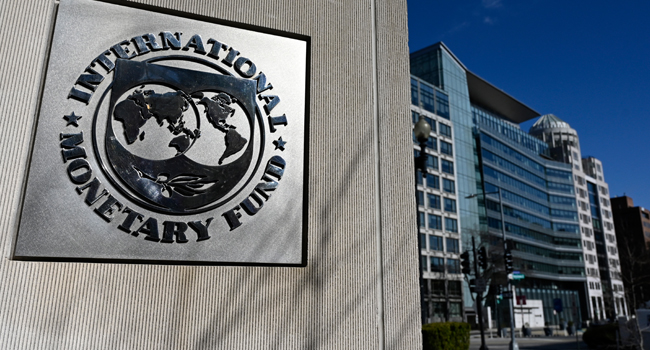The International Monetary Fund (IMF) says 0.8 per cent projected economic growth for Nigeria in 2017 will “not make a dent in reducing unemployment and poverty”.
In a statement released on Wednesday at the end of its July 20 to 31 staff visit to Nigeria, the IMF says despite some signs of relief in the first half of this year, the country faces near-term vulnerabilities and risks to economic recovery and financial stability.
The report, however, acknowledged some important government measures such as the diversification strategy, security in the Niger Delta region, higher foreign exchange reserves and rising portfolio inflows.
The IMF senior resident representative and mission chief in Nigeria, Amine Mati, advised Nigeria to avoid using monetary policy for direct financing of the government.
He also urged the government to immediately implement specific priorities such as front-loaded fiscal consolidation, private sector credit and market-based exchange rate.
The statement read in part: “Preliminary data for the first half of the year indicate significant revenue shortfalls, with the interest-payments to revenue ratio remaining high (40 percent at End-June) and projected to increase further under current policies.”
“High domestic bond yields and tight liquidity continue to crowd out private sector credit. Given Nigeria’s low growth environment and the banking system’s exposure to the oil and gas sector, non-performing loans increased from 6 per cent in 2015 to 15 per cent in March 2017 (8 per cent after excluding the four undercapitalised banks. Helped by favourable base effects, headline inflation decreased to 16.1 percent in June 2017, but remains high despite tight liquidity conditions.
“Faced with these challenges, the government has started implementing a number of important measures. The Economic Recovery and Growth Plan (ERGP) is driving the diversification strategy, and security in the Niger Delta improved through strengthened engagement. The new Investor and Exporter FX window has provided impetus to portfolio inflows, helped increase reserves above $30 billion, and contributed to reducing the parallel market premium.
“Important steps have also been taken in implementing the power sector recovery plan, introducing a voluntary income and asset declaration program and moving forward the 60-day national action plan to improve the business environment.”





